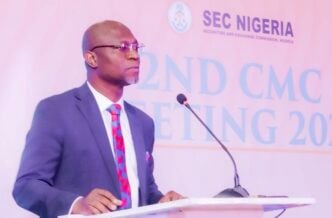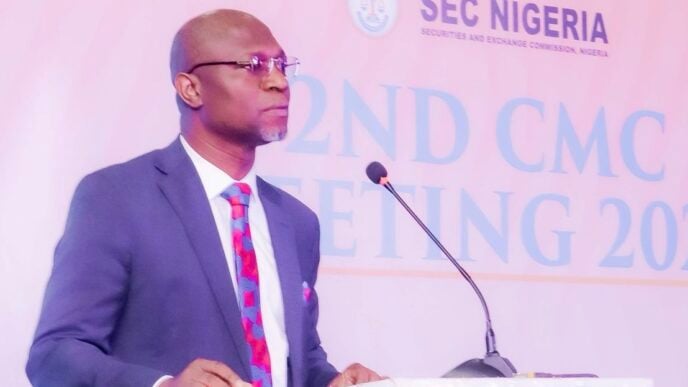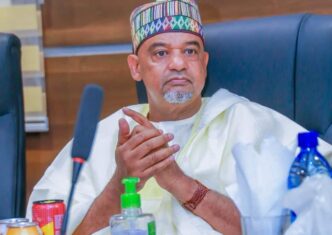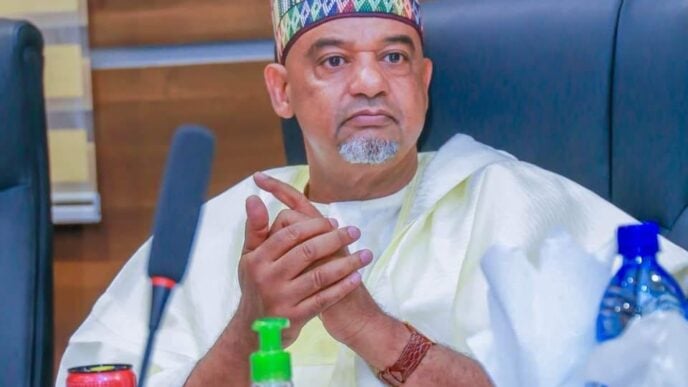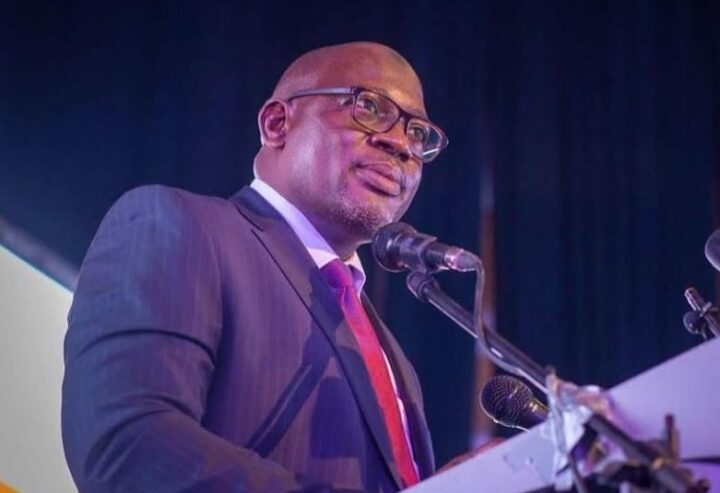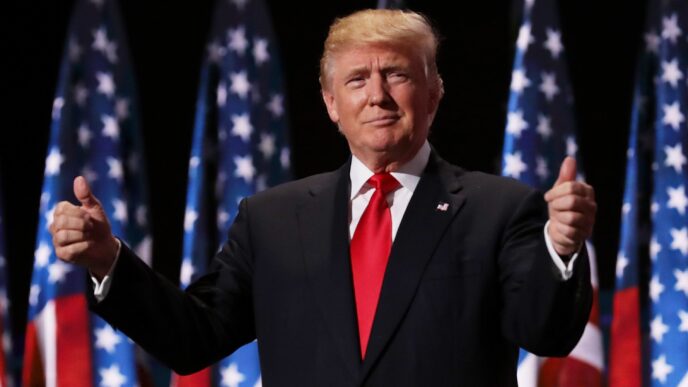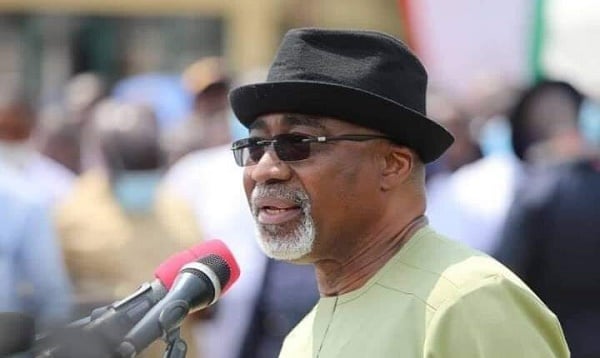The United Nations Economic Commission for Africa (UNECA) says 40 percent of African nations are in debt distress or at high risk, with most spending more on debt interest payments than on critical industries.
Hanan Morsy, the deputy executive secretary and chief economist at the UNECA, spoke at the ongoing 2024 African Economic Conference (AEC), themed, ‘Securing Africa’s Economic Future Amidst Rising Uncertainty’.
Morsy called for an overhaul of the common framework of the group of 20 (G20).
“There is a need to become efficient, timely, and transparent. We need an integrated framework that includes the private sector, avoids prolonged negotiations, and ensures comparability of treatment,” she said.
Advertisement
Morsy cited Egypt’s recent success with Samurai and Panda bond issuances in advocating for diversified funding sources for economies.
“These bonds attracted interest rates of 1.5 per cent and three per cent, respectively, a stark contrast to the eight per cent rate associated with Eurobonds,” Morsy said.
“African countries must tap into alternative financing mechanisms and utilise guarantee schemes to lower borrowing costs.”
Advertisement
On the inequitable allocation of the International Monetary Fund’s (IMF) special drawing rights (SDRs), Morsy said Africa received just 5 percent of the $650 billion issued post-COVID-19 while wealthier nations got trillions of the fund.
On his part, Kevin Urama, chief economist and vice-president at the African Development Bank (AfDB), emphasised the need for capacity building among African governments and institutions.
He spotlighted initiatives like the Public Financial Management Academy for Africa, inaugurated in 2021, which aims to modernise tax systems, widen tax bases, and digitise financial processes.
Urama stressed the need for unified negotiation positions, supported by data and rigorous analysis, to navigate complex international financial systems.
Advertisement
Furthermore, he called for the rechanneling of unused SDRs from fiscally strong nations to Africa through multilateral development banks like the AfDB.
“This model ensures resources are directed to where they are most needed,” he said.
Urama said the model also underscored the broader implications of systemic reforms, including economic growth, job creation, and revenue generation.
Advertisement
Add a comment

